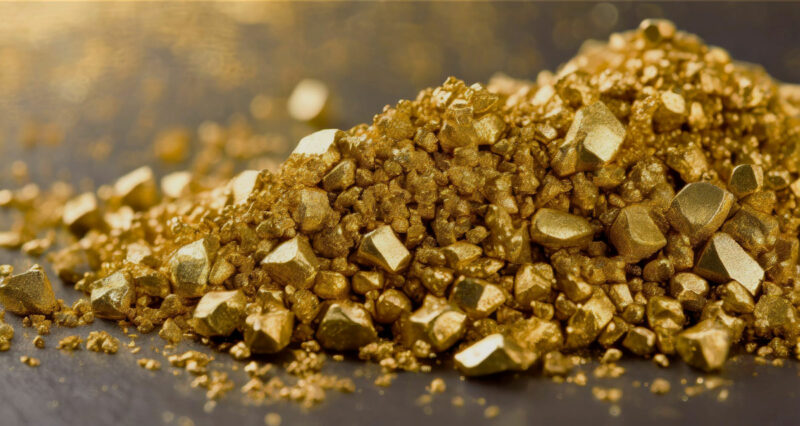Pandora, widely accepted as the world’s largest jewelry brand, has announced a significant shift in its supply chain strategy by exclusively sourcing recycled silver and gold for its jewelry production.
This change reflects the company’s initiative to reduce its environmental footprint and aligns with broader industry trends towards sustainability.
Environmental Impact Reduction
By choosing recycled over newly mined metals, Pandora aims to decrease its CO2 emissions by approximately 58,000 tons per year. This effort contributes to the reduction of the environmental impact associated with metal mining, which is known for its high energy and resource requirements.
Pandora’s CEO, Alexander Lacik, highlighted the efficiency of using recycled metals, stating, “Precious metals can be recycled forever without any loss of quality… improved recycling can significantly reduce the climate footprint of the jewelry industry.” This approach supports the idea that sustainable practices can be adopted without compromising product quality.
Early Achievement of Goals
Originally targeting 100% recycled silver and gold by 2025, Pandora has reached this goal ahead of its planned schedule, achieving it by the end of 2023. This early milestone was made possible through the collaboration with suppliers and the dedicated efforts of Pandora’s team.
Suppliers are now required to ensure their materials are certified as recycled according to the Responsible Jewelry Council Chain of Custody, imposing stricter sustainability standards across the supply chain.
Supply Chain Adjustments
The move to recycled materials has necessitated adjustments in Pandora’s supply chain, with suppliers introducing new processes and equipment to segregate recycled from mined metals. This includes changes in sorting, melting, and manufacturing to comply with the industry’s strict standards on recycled content.
Despite Pandora’s advancements, the global jewelry industry still sees a limited supply of recycled silver and gold, with less than 20% of the world’s silver coming from recycled sources. This highlights a significant opportunity for the industry to increase its use of recycled materials, which undergo a refining process to ensure quality before being reused.
Pandora operates globally, offering hand-finished jewelry in over 100 countries. The company’s focus on sustainability is reflected in its operations, including the use of LEED-certified facilities in Thailand for jewelry production. With a commitment to environmental responsibility, Pandora aims to source only recycled silver and gold and reduce its greenhouse gas emissions by half by 2030.
Pandora’s adoption of recycled precious metals represents a responsible approach to jewelry manufacturing, encouraging the industry at large to consider more sustainable practices. This initiative demonstrates the feasibility of integrating environmental considerations into business operations without compromising on product standards.






